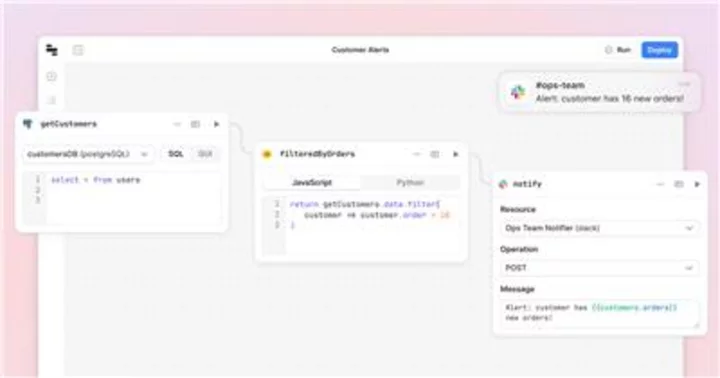By Chris Taylor
NEW YORK At what age should American kids become financially independent?
The harsh reality of a complex modern economy makes it hard to figure out.
“No doubt it is more expensive than ever to be a young adult,” says Ted Rossman, senior industry analyst at financial information site Bankrate. “Household formation costs are very expensive, college is very expensive – everything costs more. I have a lot of empathy for people who are just starting out.”
That said, the typical age of financial independence should be between 20-23 years old, according to a Bankrate survey.
Break the numbers down by cost category, and differences of opinion can be pretty wide. For example, people expect young adults to cover bills like cell phones, credit cards and car payments and insurance by age 20. But other costs, like health insurance and student loans, are not expected to be handled solo until age 23.
The differences are even more revealing among generations. In almost every category, Baby Boomers expect people to become financially independent a year or two earlier compared to what Gen Z has to say.
There are a lot of moving parts to this question – family resources, cultural and regional differences, local housing costs, the child’s unique career path, and so on – and the stark reality is that there is no single solution.
That is what Amy McGahan has discovered, even as she is right in the thick of this situation. The Cleveland mom and communications director has two twenty-something boys and has realized over time that there are no hard-and-fast rules to guide parents.
“It depends on the kid,” says McGahan, 52. “Each has their own path, opportunities, challenges. I don’t think there is a one-size-fits-all answer.”
But there are best practices to set your kids on the right financial path, especially since this is an emotional area where wrong moves could create lasting damage.
ACKNOWLEDGE GENERATIONAL DIFFERENCES
It is understandable that Baby Boomers might expect an earlier ‘launch point’ for today’s kids, since their economic realities were different. Younger marriages, combined with wages that could afford middle-class housing, meant earlier household formation right out of high school or college.
These days – with wages essentially flat for decades, higher cost of living, much later marriages and a pricey housing market – it is unrealistic for many young adults to hit the ground running right away. In fact, the Pew Research Center found that young adults these days are reaching key life milestones much later than their predecessors 40 years ago.
THINK TRANSITION, INSTEAD OF CUTOFF
If you have been helping out a child financially, an immediate end to parental assistance probably is not helpful, if you have the resources to continue. Instead, look to a more gradual shift, where some expenses are taken on earlier, followed later by others.
With health insurance, for instance, adult kids can typically stay on parent plans until the age of 26. Or with cell phone bills, it may just make practical sense to stick with the family plan.
Accompany this gradual transfer with early and clear communication. With a runway of a year or two, say, a young adult will know the expectations and have enough time to prepare for financial life on their own.
This does not necessarily mean getting them out of the house, by the way: With the housing market as expensive as it is, they could continue to stay at home if needed, but contribute a certain amount towards rent or groceries.
BE STRATEGIC ABOUT FINANCIAL ASSISTANCE
The reality is the parents do indeed help adult kids out financially: 68% of them have made such a sacrifice, according to Bankrate.
While this is laudable, it is also tricky. Perhaps you can set some guardrails by only contributing to essentials, like food or utilities, while your child handles more discretionary spending.
Just remember that too much assistance, for too long, and it could become enabling, or damage your own financial future. For instance, if such help has erased your own emergency fund, or depleted your retirement accounts, that is not going to help anybody – and, in fact, will boomerang on those kids later if you become dependent on them.
“Like the airlines say, put your own oxygen mask on before helping others,” says Rossman. “You have to figure out where to draw the line for your individual family.”
(Editing by Lauren Young; editing by Diane Craft)









